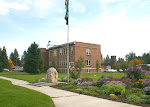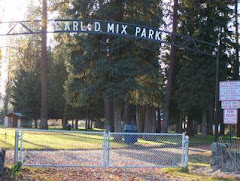Building the classroom connections from the soil to the table. For teachers, administrators, parents, or volunteers who are wanting to start a school garden or evolve their present garden: We will explore regional support networks, curriculum and essential learning requirements, basics of gardening, food safety, small livestock, and the kitchen connection. $355 per person (tuition includes food and lodging)
http://quillisascut.com/farm-school/school-gardens/
Quillisascut School Garden workshop for school teachers, administrators, parents, or volunteers who are wanting to start a school garden or evolve their present garden: We will explore how planting a garden can feed us healthy foods as well as save the Earth, how composting closes the loop in our farm to table cycle, and how we can learn from ‘Natures Operating System’ and the simple joy of putting ourselves back in the garden circle.
Building Regional Networks that Support School Gardens: Speaker from Puget Sound School Garden Collective will explain how their organization has evolved and some of the highs and lows of garden projects. Examples of challenges that have come up and how they are being resolved.
How to get started (planting the seed and breaking ground) Gardens come in all shapes and sizes some are on asphalt, or rooftops and others look more like traditional gardens. (slide show of regional school gardens)
How to of basic gardening (composting, direct seeding, transplanting) These will be taught using existing school garden curriculum so participants will get a feel for the process as well as examples on how to teach these topics.
Integrating small livestock ( honeybees and chickens)
Bringing it into the kitchen: the flip side of growing produce is how to handle it properly, food-safety (food born hazards) and how to prepare it into a nutritious and tasty meal.
Examples of Filling Essential Learning requirements with garden curriculum: Health, nutrition, reading, writing, art, social studies, culture, science, and math. Garden journaling filled with images- essays- feathers-artwork.
Gardens and food as carriers of culture. Themed gardens with herbs and plants from different cuisines. Asian, Italian, Mexican.
Map of Deer Park
Subscribe to:
Post Comments (Atom)






No comments:
Post a Comment